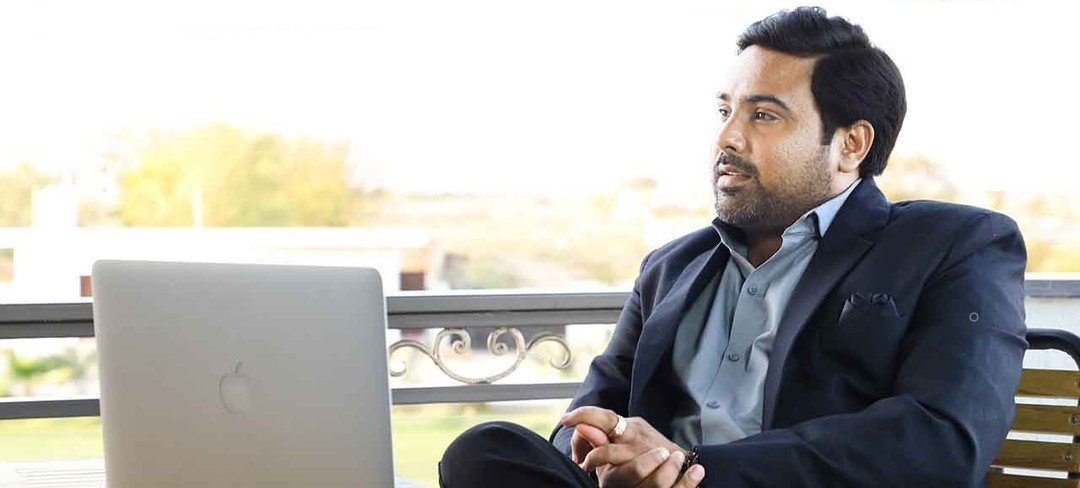CURRENCY
BUSINESS OPPORTUNITIES IN MALI
MALI
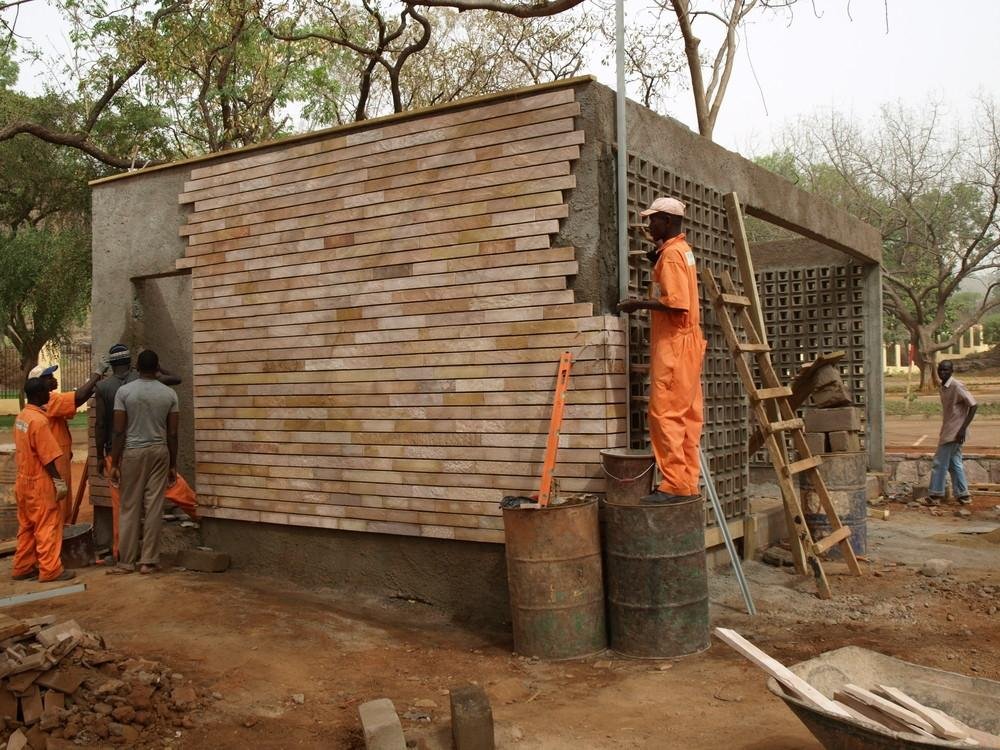
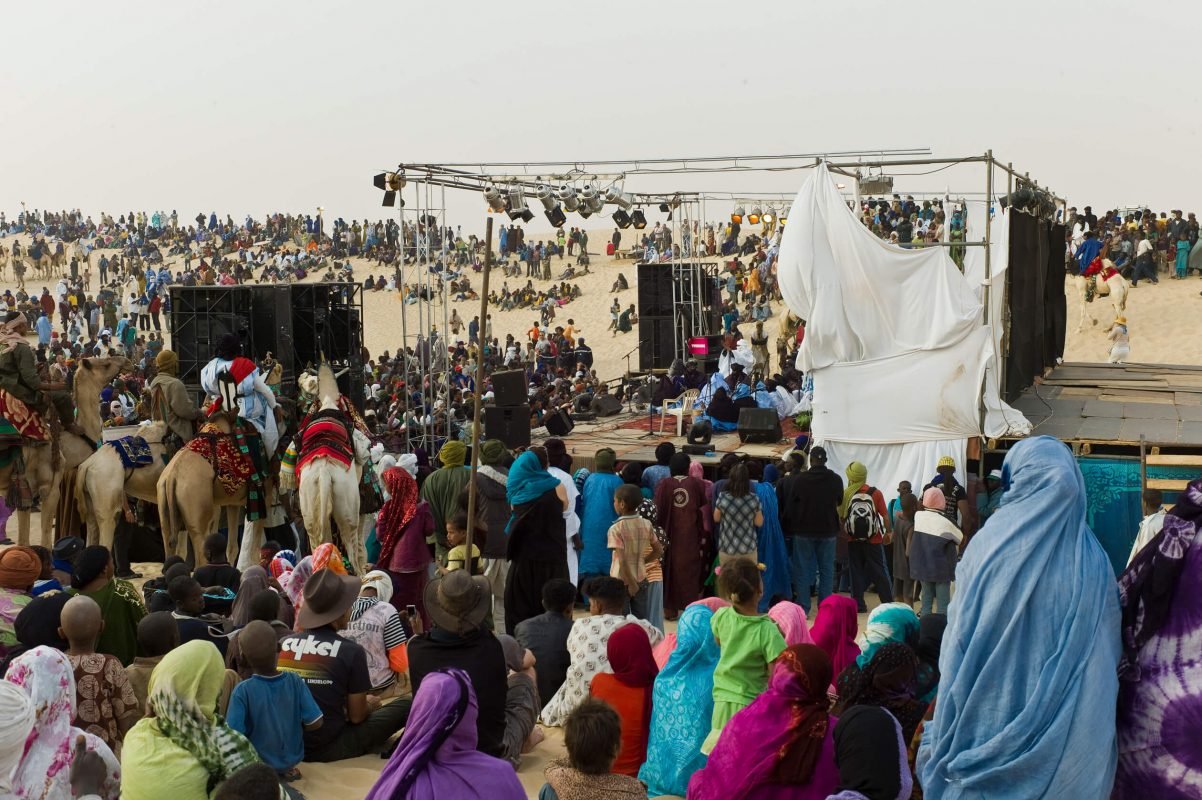
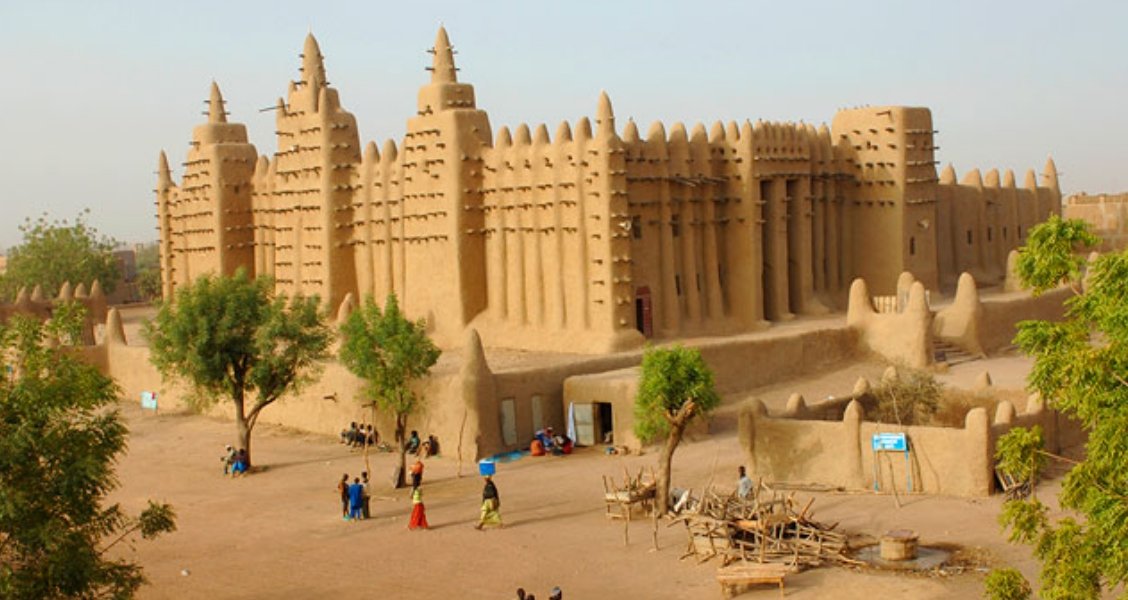
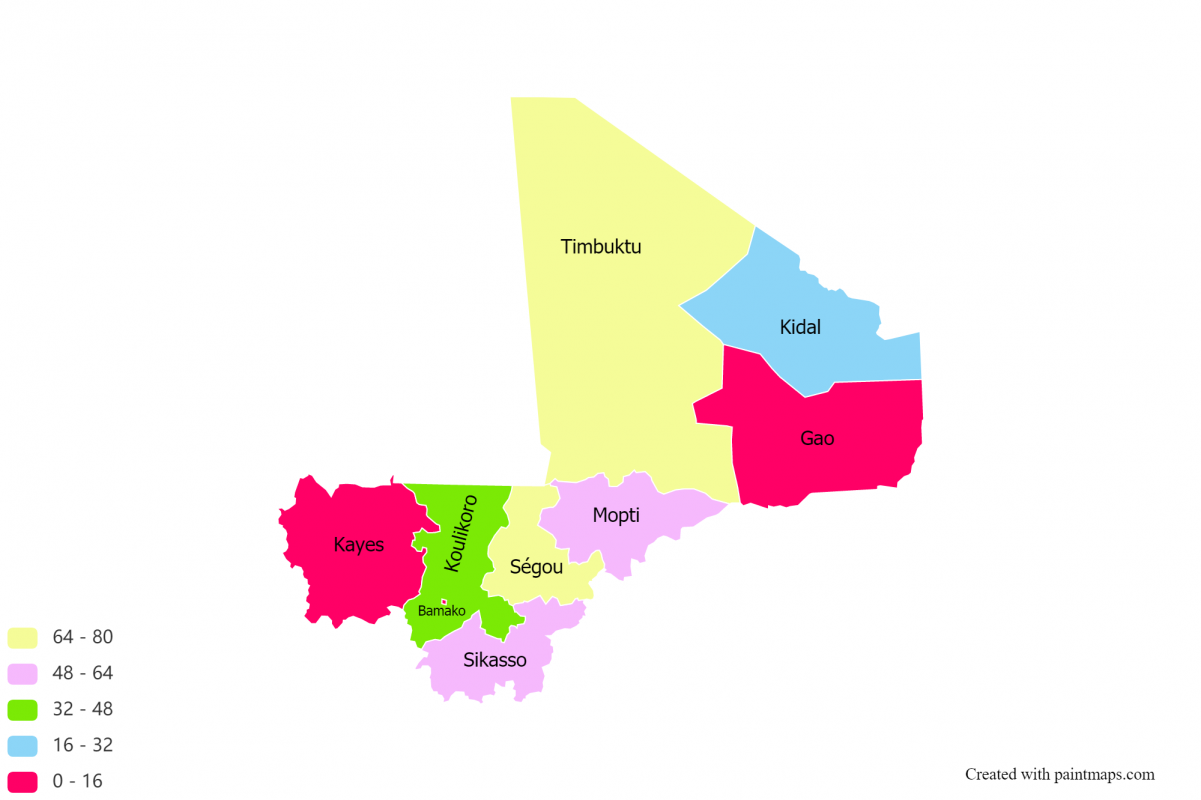
FLAG

MALI
CAPITAL CITY

BAMAKO
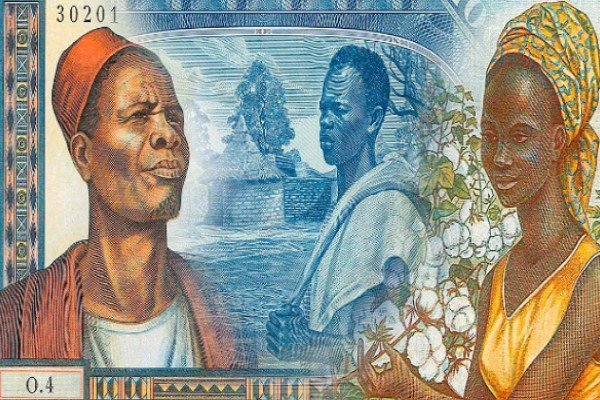
WEST AFRICAN CFA FRANC
MALIAN FRANC
Language

Population

2.08 CRORES
Country
Calling Code

+223
LOCATION:
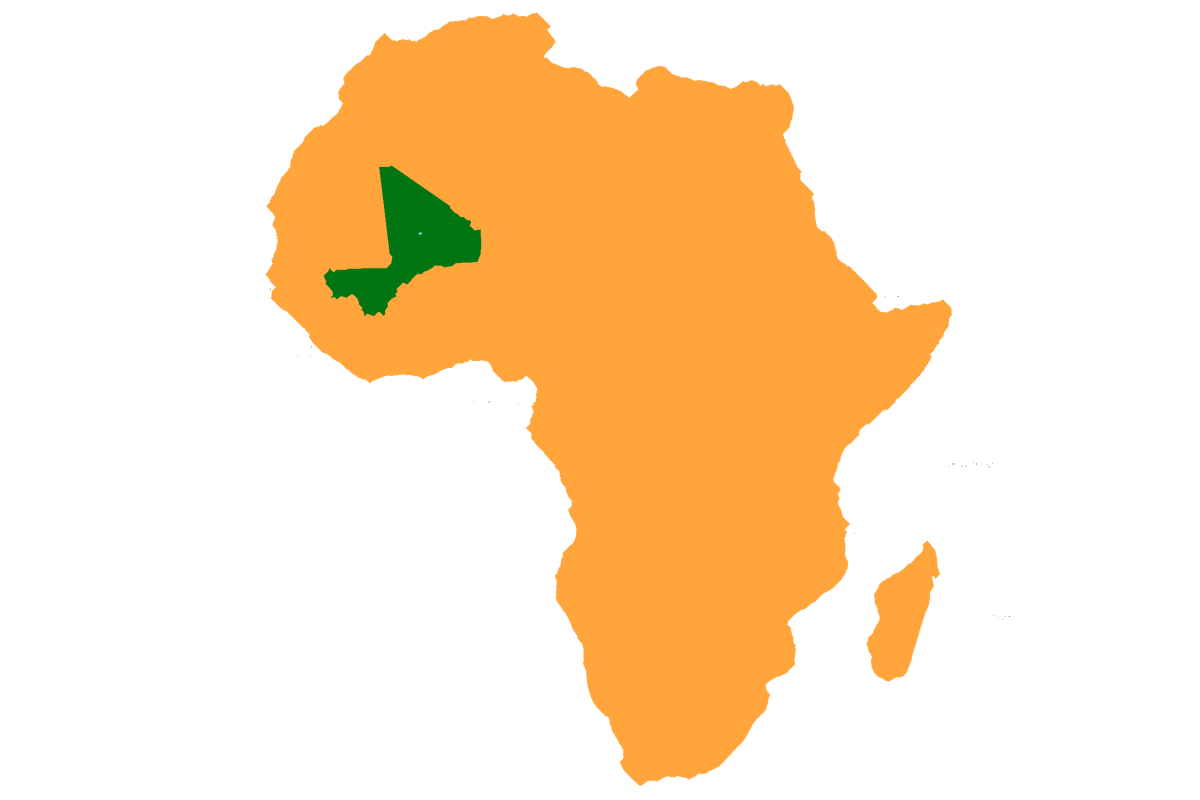
WEST Africa
BORDER COUNTRIES:
ALGERIA
NIGER
BURKINA FASO
CÔTE D’IVOIRE
GUINEA
SENEGAL
MAURITANIA
ABOUT MALI
Mali, a vast landlocked country in West Africa, is renowned for its rich history, vibrant culture, and abundant natural resources, particularly gold. It shares borders with Mauritania, Algeria, Niger, Burkina Faso, Côte d’Ivoire, Guinea, and Senegal, giving it a strategic position within the West African region. Its capital, Bamako, is the largest city and the economic heart of the nation. Classified as a Low-Income country by the World Bank, Mali is undergoing significant economic reforms and actively seeking foreign investment to diversify its economy and unlock its considerable potential.
Mali at a Glance: Key Facts for Investors
Mali’s economy is largely driven by its agricultural and mining sectors, with gold being the primary export. The government is committed to creating a more favorable business environment and attracting foreign direct investment for sustainable development.
The currency of Mali is the West African CFA franc (XOF), which is pegged to the Euro (€), providing a degree of currency stability. As of 2024, Mali’s population is estimated at approximately 24.48 million people. While French is the working language, Bambara is the most widely spoken national language, along with several other official indigenous languages. The majority of the population practices Islam, with a notable Christian minority and traditional beliefs also present.
Mali’s main international airport is Modibo Keita International Airport (Bamako), connecting the country to regional and international destinations. As a landlocked nation, Mali relies on seaports in neighboring countries, particularly Dakar in Senegal and Abidjan in Côte d’Ivoire, for international maritime trade. Rail and road networks connect Mali to these ports, facilitating vital logistics for imports and exports. The ongoing development of these transportation links is crucial for enhancing trade efficiency.
The standard corporate income tax rate in Mali is 30%. The Value Added Tax (VAT) rate is generally 18%, with a reduced rate of 10% for hotels and restaurants. The business environment is governed by the Investment Code, which aims to encourage foreign and domestic private investment. Foreign investors are generally permitted 100% ownership of businesses, though a local partner can be beneficial for navigating the local landscape. Opesh Group provides complete support for Due Diligence, company registration, licensing, and business development in Mali, including assistance with property rentals.
Under Malian law, foreign investors can establish various company types, including Limited Liability Companies (LLCs), Public Limited Companies (Corporations), and branches or representative offices of foreign companies. The government offers various investment incentives to qualifying investments, particularly in priority sectors such as agriculture, mining, and renewable energy. These incentives can include tax exemptions (e.g., on minimum income tax for SMEs in the first three years in case of loss) and customs duty exemptions on certain imports for industrial projects.
Promising Business Sectors in Mali:
- Mining: Mali is one of Africa’s leading gold producers, with significant reserves. Opportunities abound in gold exploration, extraction, and processing. Beyond gold, Mali also has deposits of lithium, phosphates, bauxite, iron ore, and other minerals, offering diversification potential in the mining sector.
- Agriculture & Agro-processing: This sector is the backbone of Mali’s economy, employing a large portion of the population. Opportunities exist in cultivating cotton (a major export), rice, millet, sorghum, corn, and livestock. Investment in modern farming techniques, irrigation, and agro-processing (e.g., cotton ginning, sugar production, edible oils, food packaging) is highly encouraged to enhance productivity and value addition.
- Renewable Energy: Mali has vast potential for solar and hydropower, with a growing demand for electricity. The government is actively seeking investment in developing renewable energy projects to address energy deficits and promote sustainable development.
- Infrastructure & Construction: Significant investment is needed in developing and rehabilitating roads, railways, power grids, housing, and urban infrastructure across the country. This presents substantial opportunities for construction companies and suppliers of building materials.
- Transport & Logistics: Given its landlocked status, efficient transport links are vital. Opportunities exist in road and rail transport, warehousing, and logistics services to facilitate trade within Mali and with neighboring countries.
- Telecommunications & ICT: Internet penetration is growing, and there is a rising demand for mobile services, broadband infrastructure, digital solutions, and e-commerce platforms. The government is supporting the development of this sector.
- Healthcare: The healthcare sector requires significant development and investment in modern facilities, diagnostics, pharmaceutical distribution, and medical equipment supply.
- Tourism: Mali possesses unique cultural heritage (Timbuktu, Djenné) and natural landscapes. While currently limited by security concerns, long-term potential exists for cultural and historical tourism development, requiring investment in hotels, tour operations, and tourism infrastructure.
Advantages of Starting a Business in Mali:
- Abundant Natural Resources: A wealth of gold, agricultural land, and other minerals provides a strong economic base.
- Strategic Regional Connectivity: Links to major West African trade routes, particularly through Dakar and Abidjan ports.
- Government Support: Pro-business policies, investment codes, and incentives aimed at attracting foreign investment in priority sectors.
- Untapped Potential: Many sectors are underdeveloped, offering significant first-mover advantages for new investors.
- Young and Growing Population: A large and increasingly urbanized youth population provides a vibrant consumer base and a trainable workforce.
- Currency Stability: The West African CFA franc’s peg to the Euro provides a degree of stability for financial planning.
Business Opportunities for Indian Investors in Mali:
Indian entrepreneurs and companies have a growing presence in Mali, particularly in infrastructure, mining, and manufacturing. This strong relationship creates excellent opportunities for Indian investors to leverage their expertise and capital in:
- Mining: Significant opportunities exist for Indian companies to invest in gold, lithium, and other mineral exploration and extraction projects. Several Indian firms are already active in this sector.
- Agriculture & Agro-processing: Investment in sugar projects, cotton processing, food grains, and agricultural machinery and irrigation systems.
- Infrastructure Development: Participation in construction projects for roads, power transmission lines, and other public infrastructure. Indian companies have executed major projects here.
- Pharmaceuticals: Export and potential local manufacturing of generic medicines and healthcare products.
- Manufacturing: Setting up units for cement, steel, textiles, and other consumer goods to meet local demand and reduce reliance on imports.
- Renewable Energy: Development of solar energy solutions, particularly for rural electrification, and other clean energy projects.
- IT & Education: Offering digital learning platforms, e-governance solutions, and vocational training programs to enhance local skills.
Imports & Exports: Bolstering Bilateral Trade
Strategic market research is crucial for successful import and export ventures in Mali, identifying products with high demand and strong revenue potential.
Major items exported from Mali:
- Gold
- Cotton
- Live Animals (cattle, sheep)
- Fish
- Shea Nuts
Major items imported into Mali:
- Petroleum Products
- Machinery & Vehicles
- Food Products (rice, sugar, wheat)
- Pharmaceuticals
- Cement
- Textiles and Leather products
Manufacturing: Growing Local Production
Mali’s manufacturing sector is nascent but presents opportunities for local production to reduce import reliance:
- Packaged foods and beverages
- Cement and bricks
- Textiles and garments (cotton-based)
- Agricultural processing (sugar, cooking oil)
- Steel products
Mining: The Core Sector
Mining, particularly gold, is the most profitable sector in Mali. Investors can explore opportunities in:
- Gold mining (exploration and production)
- Lithium mining (emerging)
- Phosphate mining
- Exploration of other minerals like iron ore and bauxite
The government, through the Ministry of Mines, issues licenses and provides support. Opesh Group can guide you through the complete registration, licensing, and operational setup for your mining business in Mali.
Major Indian Companies Active in Mali:
Several Indian companies are already present and making significant investments in Mali, including:
- Sandeep Garg & Co. (Sahara Mining): Involved in iron ore mining and developing an integrated steel and power plant.
- West Africa Cement Company (WACEM): A Hyderabad-based group involved in the cement industry.
- Mohan Energy Corporation Pvt. Ltd. (MEC): Executed power transmission projects and is exploring oil & gas.
- Angelique International, KEC: Involved in transmission line projects.
- Steel Mali: A key supplier of construction steel.
- Sopropha: A pharmaceutical distributor.
- GRAFAX COTTON S A R L: A multinational dealing in cotton and its by-products.
- Uttam Sucrotech International: Involved in a major sugar and ethanol agro-industrial project.
Mali’s Economic Snapshot (Approx. 2024):
- GDP (Nominal): ~$22.4 billion (IMF estimate, 2024)
- GDP Growth: ~4.0% (2024 estimate)
- Ease of Doing Business Rank: While the World Bank’s “Doing Business” report is discontinued, Mali’s last comparable ranking was 148 out of 190 in 2019, indicating ongoing challenges but also continuous government efforts to improve the business climate.
- GDP Per Capita: ~$1,096 (2024 estimate)
Mali, with its significant natural resources, strategic location in West Africa, and a government committed to economic development, offers substantial opportunities for investors seeking to enter a growth-oriented frontier market.
Ready to explore the opportunities in Mali?
Contact Opesh Group today to learn more about how we can support your strategic entry and successful growth in this promising market.
📞 Call/WhatsApp: +91-8094607111
MOST RECENT VIDEOS
SIGN UP TODAY
Get our exclusive content and offers in your inbox

